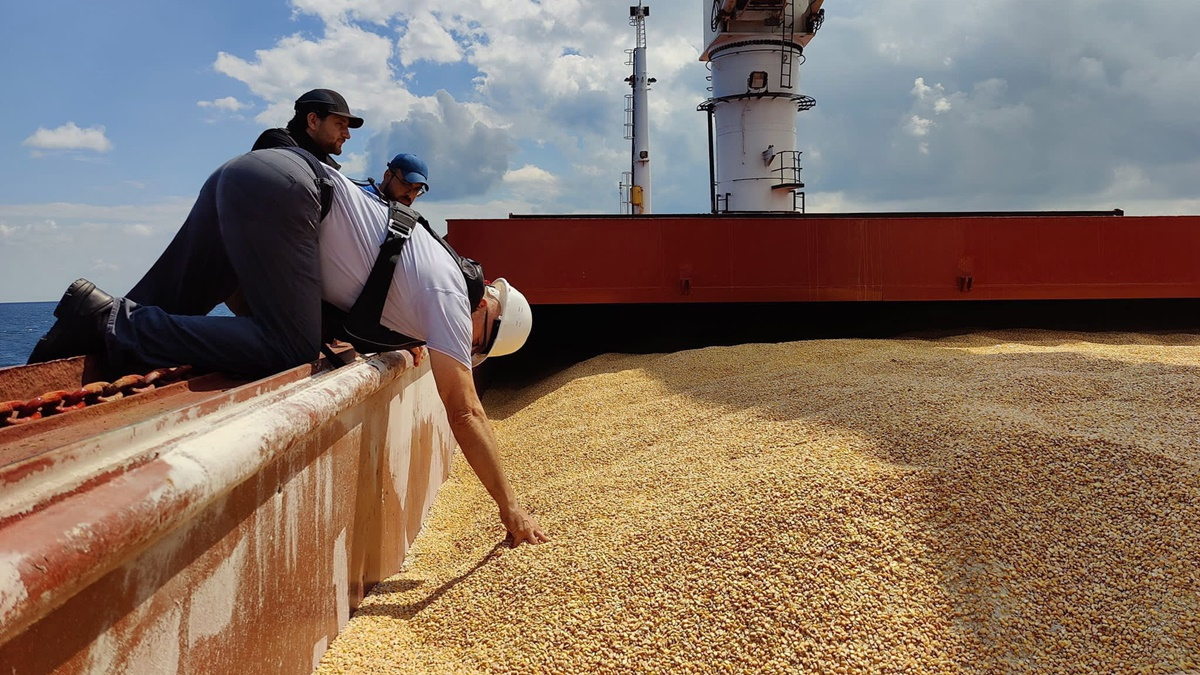The current state of the Polish grain market is being described as “stable” by domestic producers, largely due to a notable reduction in the influx of agricultural products from Ukraine.
This marks a significant change from a year ago, when an uncontrolled flood of Ukrainian goods sparked widespread farmer protests at the turn of 2023 and 2024.
According to Marcin Gryn, vice president of the Polish Association of Grain Plant Producers, Ukrainian grain imports have significantly decreased compared to the previous year. Polish producers have also regained ground in Western European markets, from which they were previously edged out by Ukrainian competition.
Poland ranks as the third-largest grain producer in the EU, following France and Germany, with an estimated production of 35.6 million tons for the 2024/2025 season. Of this, approximately 12.3 million tons is wheat and 10 million tons is corn. Poland remains self-sufficient in grain production and continues to maintain export surpluses.
The regulation of Ukrainian agricultural imports is managed on two levels — through national embargoes and EU regulations. Since April 2023, a domestic ban on importing wheat, corn, rapeseed, and sunflower seeds has been in place. In September 2023, the ban was extended to include certain grain-derived products like bran, meal, oilcake, and wheat flour.
However, transit of Ukrainian grain is still permitted, provided the shipments either exit Poland or end at Baltic ports.
Data from the Polish Ministry of Agriculture highlights the scale of this reduction. From January to April, only 100 tons of wheat entered Poland from Ukraine, a drastic drop from the 337,800 tons in the same period the previous year. Corn imports fell from 570,200 tons to just 2,900 tons and barley imports dropped from 19,800 tons to 4,100 tons.
The national ban on Ukrainian grain imports was introduced in response to the expiration of an EU-wide embargo that was in effect until September 2023. In its place, Brussels imposed volume limits on other Ukrainian products — poultry, sugar, eggs, and honey, along with oats and corn — through autonomous trade measures.
However, the stabilization of the Polish market is not solely due to regulatory factors; logistical changes have also played a crucial role. The reopening of Black Sea ports has allowed Ukrainian grain exports to resume by sea, reducing the pressure on the Polish market.






